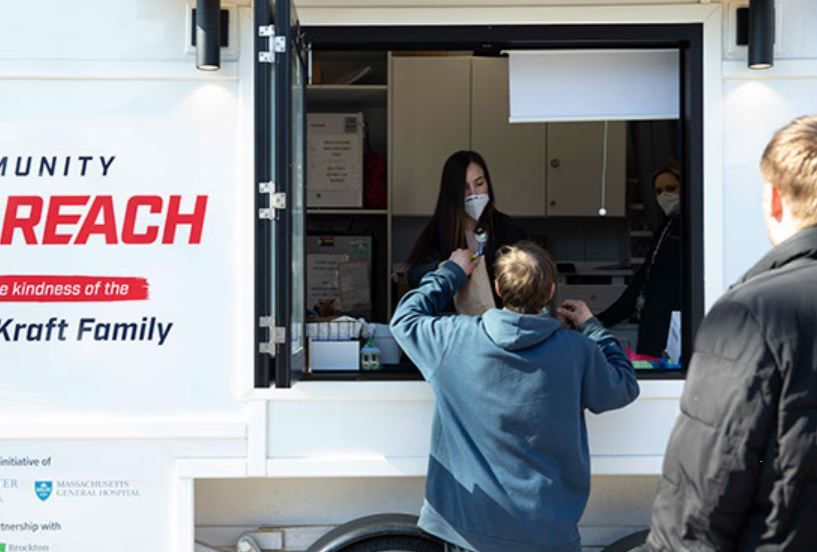Upon determining there is sufficient need for mobile
addiction services, continued input from PWUD is
important to ensuring any program is designed and
implemented to best serve the needs of those at greatest
risk for overdose. The team should consider conducting
a survey or otherwise consulting with PWUD to solicit
input on:
• Acceptability of this type of program by PWUD
• Program design, including location and hours of service
• Potential barriers to accessing these services
There is no better resource on how to design addiction
programming than PWUD. It is highly recommended to
include PWUD actively in the design and planning process.
Conducting surveys, focus groups, interviews, or other
ways of soliciting feedback are crucial to understanding
need and an ideal service model. Syringe exchange
program staff may be a great resource as they often have
established trust in the community
Strengths—PWUD are the best resource in understanding the desires and needs of this population and they can be easily engaged in the development of programming in a variety of ways. Ideally, compensation is provided for people’s time providing consultation.
Weaknesses—Stigma and criminalization of drug use may prevent PWUD from sharing information about locations where they stay/use drugs.
